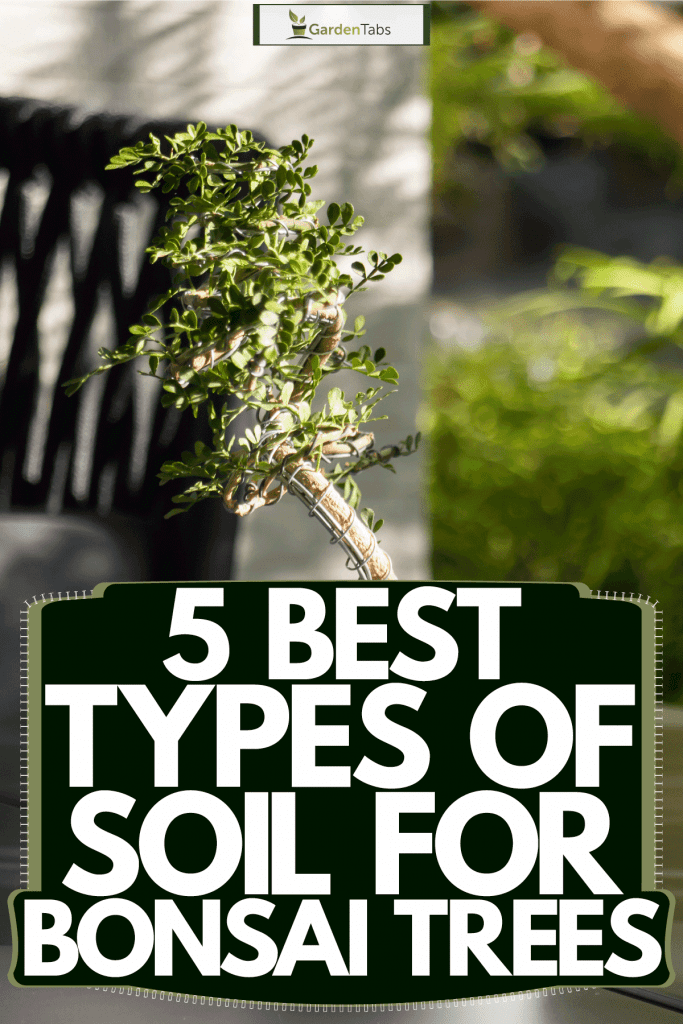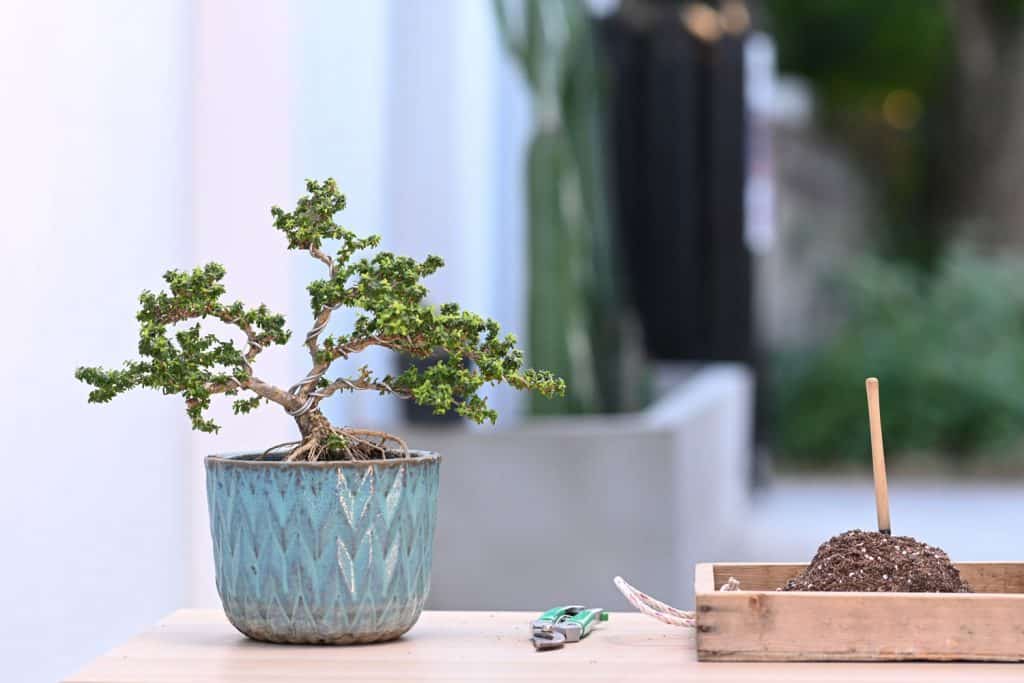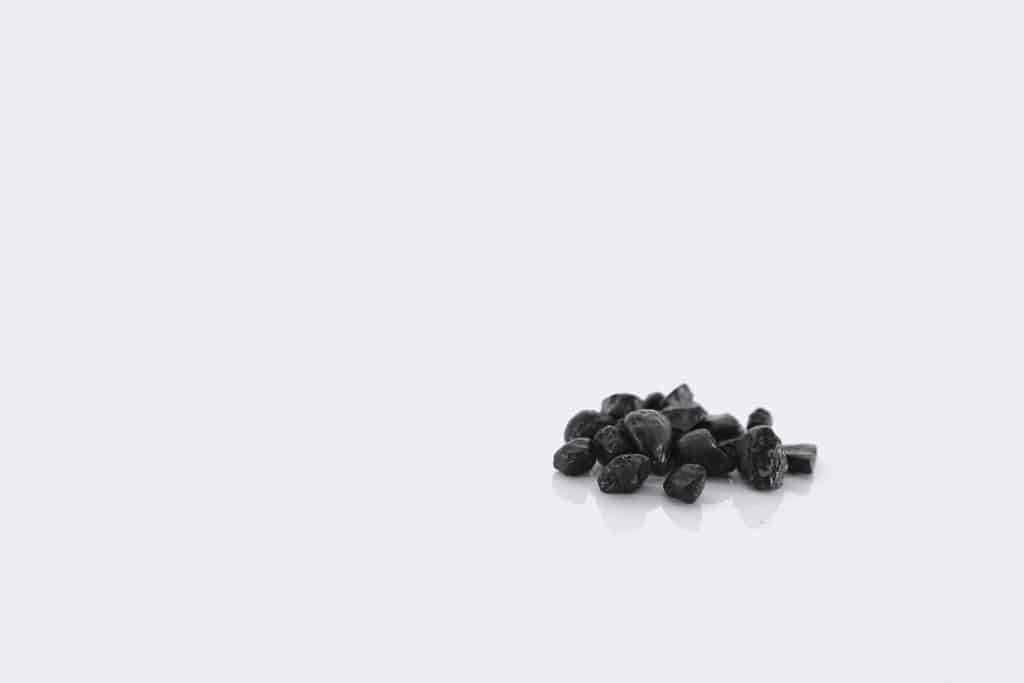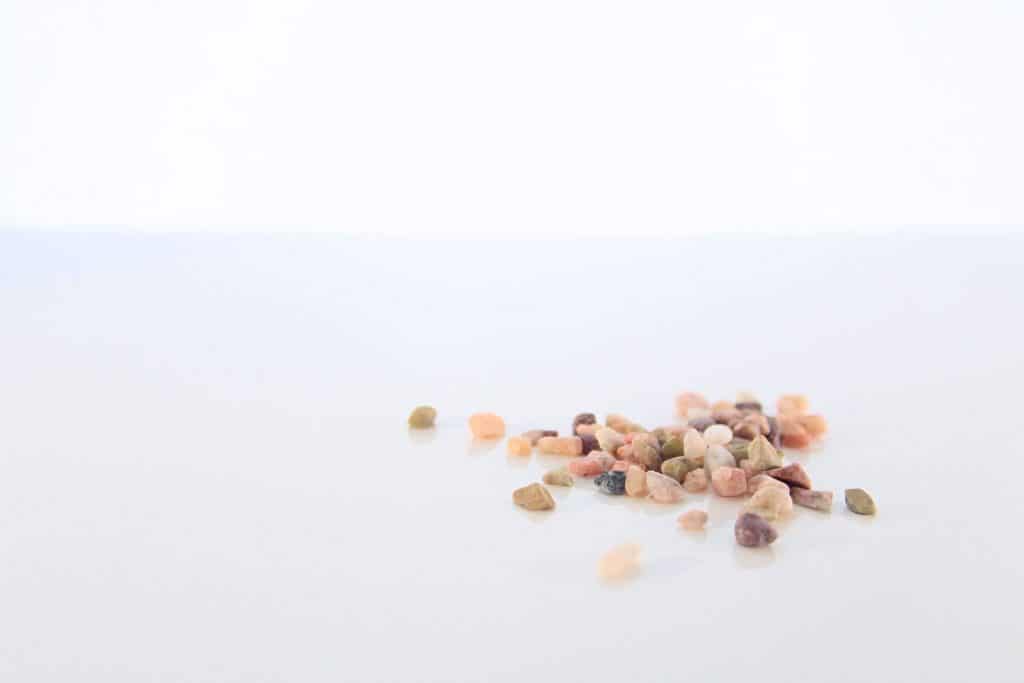A Bonsai is a living dwarf tree; almost any tree or shrub can be grown in a Bonsai form. Bonsai trees can live indoors or outdoors, and in either environment, they need a small amount of soil. Picking the right soil for your Bonsai is important, so your tree will get ample nutrients. We gathered our research to find the best types of soil used for Bonsai trees and have laid out their details here for comparison.
The 5 best soils for Bonsai trees include:
- Hoffman Bonsai Soil
- Birch Seeds Soil All-Purpose Potting Mix
- Tinyroots Premium Blend
- Tinyroots Conifer Blend
- Bonsai Jack Universal Organic Bonsai Soil
These brands of Bonsai soils are highly recommended, and each brings something unique to your tree. Keep reading as we break down each recommendation in detail and provide insights into mixing your own Bonsai soil.

Contents
Best Types Of Soil For Your Bonsai Trees
When you are sorting out the soil for your Bonsai, there are important characteristics to seek. Your soil needs to have adequate drainage, the right amount of moisture, and the right density to allow airflow.
Did you know the majority of Bonsai soils actually have no soil at all? It's true! You will find that commercial brands of Bonsai soil will be a mix of rocks, clay, and other organic matter. Let's take a closer look at some top-rated Bonsai soils.

1. Hoffman Bonsai Soil
Hoffman Bonsai soil is a mix of hydite, sand pebbles, and pine bark. This mixture has been specially formulated to promote drainage and the right amount of moisture for your tree. This is a go-to soil for repotting or transplanting Bonsai and is highly used with evergreen species.
Have a look at this 2 quart bag of Hoffman Bonsai soil here on Amazon.
2. Birch Seeds Soil All-Purpose Potting Mix
Birch Seeds offers an organic potting mix suitable for all Bonsai. This gritty soil blend has a base made up of perlite and premium peat moss. The grade of sand and lime found in the mix is ideal for aeration among your tree's roots. Birch Seeds all-purpose Bonsai mix is ready to use and promotes longevity as well as fast growth for your Bonsai tree.
You can find this all-purpose Bonsai potting mix here on Amazon.
3. Tinyroots All-Purpose Blend
This premium blend of Bonsai soil is another all-purpose option. Tinyroots all-purpose blend is a mix of compost mulch, vermiculite, calcined clay, and grit. This is the ideal mix for those just starting to work with Bonsai trees, or if you are repotting.
Amazon offers a 2.5 quart bag of this premium blend Bonsai soil here.
4. Tinyroots Conifer Blend
Tinyroots conifer blend has been packed with nutrients using double sifted pine bark, river sand, pumice, and calcined clay. This is a special blend made for Junipers, such as Cedars and Japanese Black pines.
You can find this conifer blend by Tinyroots here on Amazon.
5. Bonsai Jack Universal Organic Bonsai Soil
Jack's universal Bonsai soil has been created for optimal pH, water absorption, and density. This blend can be used with the majority of Bonsai trees, including tropical species. This brand offers several Bonsai soils, but mix #221, as shown below, is the number one selling mix.
Amazon offers a 2 pound bag of this organic Bonsai soil here.
What Is Standard Bonsai Soil?
Bonsai soil can differ depending on which type of tree you are working with. A standard Bonsai soil will be a mix of substrates such as lava rock, clays, pumice, and other organic materials.
While Bonsai soils vary, there are some standard ratio recommendations. A ratio of 1:1:1 is ideal for conifers, meaning 1 part akadama, 1 part pumice, and 1 part lava rock. Deciduous trees, like maples, prefer a 2:1:1 ratio.

Finding peat moss and barks in your soil mix is common, but should be added with caution. These organic materials offer a ton of nutritional value, but do run the risk of decreasing soil drainage and root aeration.
Read more on our blog post, “How Long Do Bonsai Trees Live?”
How Is Bonsai Soil Different?
It is not recommended to use Bonsai soil for your other houseplants, and there is a good reason. The makeup of Bonsai soil is extremely diverse when compared to your usual potting mix, but maybe not for the reasons you think.

There is very little, if any, actual soil in a Bonsai mix. Bonsai soil is full of space to allow plenty of airflow and is light instead of compacted and heavy.
Another notable difference is that Bonsai soil contains a large percentage of inorganic materials, like fired clay or Diatomaceous earth. With your other plants, you probably go for organic soil mixes with nutrition in mind, but inorganic materials hold many benefits when it comes to Bonsai trees.

Materials, like fired clay, won't break down. This creates long-lasting soil mix that promotes good drainage and the needed water retention. Look for inorganic materials that have sifted. Alongside Diatomaceous earth and fired clay, you will see materials such as vermiculite and perlite.
Can You Use Succulent Soil For A Bonsai?
Succulent soil does not break down easily; it tends to be ultra-porous and offers the right amount of water retention. These soil characteristics are what a Bonsai calls for, so, yes you can use succulent soil for a Bonsai.
Amazon offers a premium succulent and cactus soil mix here.
When mixed just right, succulent soil offers just as many nutrients and care for your tree as a commercial Bonsai soil would. When choosing any soil, you should research the species of Bonsai you have to ensure the mix is giving what your specific tree needs.
Read more on our blog post, “How To Make A Living Wall Using Succulents.”
How Do You Mix Your Own Bonsai Soil?
You can take your gardening and work with Bonsai to the next level by creating your own soil mix. There are many species of Bonsai available, which means there's no straightforward recipe for all trees. However, there are standard materials that you will use to create your soil mixtures, adjusting the ratio of materials to your tree's needs.
You can use a mix of the following in your DIY Bonsai soil:
- Lava rock
- Pumice
- Akadama
- Moss
- Turface
- River rocks/sand
- Diatomite
- Conifer bark
Using these materials, you can follow the ratios we mentioned for specific trees --1:1:1 for conifer trees and 1:2:1 for deciduous and other trees. The key components for a great Bonsai mix are good drainage, aeration, and water retention.
You will find that each gardener creates their DIY soil mix slightly differently, and you will too. It is all about finding the ideal mixture for your species of tree, as well as the environment and climate you are growing in.
The video below gives you an in-depth explanation of making your own Bonsai soil mix:
Read more on our blog post, “How To Grow Moss On A Bonsai.”
Do Bonsai Trees Need Special Fertilizer?
Bonsai soils have been created for drainage and airflow, which means the nutritional value can be on the low side. Bonsai trees need regular feeding, especially during their growing season. So, what should you use to feed your tree?
Which fertilizer you use will depend on the season and the type of tree you have. In any fertilizer, there are basic elements such as Nitrogen, Phosphorus, and Potassium. The makeup of fertilizer gets defined by the ratio of these elements or the NPK ratio.
Have a look at this 3:3:3 liquid Bonsai fertilizer here on Amazon.
Bonsai that live outdoors benefit from a fertilizer with a ratio of NPK 10:6:6, while indoor Bonsai may like a more balanced ratio of 3:3:3.
If you have a tropical tree that grows year-round, you will need to apply fertilizer regularly versus a tree that experiences seasonal changes that will require a decrease in fertilization near the end of its growing season.
Concluding Thoughts
Bonsai soil is known for the great drainage it provides, as well as the ability to retain water and offer ideal aeration. These small trees benefit greatly from inorganic materials that allow water to flow through. Due to the small amount of soil these trees sit in, and the nutritional value of its contents, your tree should be fertilized regularly.
If you are up for the challenge, take the extra step to create your own Bonsai soil mix for the perfect makeup for your specific tree. We hope you found this article helpful when it comes to choosing soil for your Bonsai trees.
Are you searching for more gardening inspiration? Have a look through our blog post, “10 Moss Terrarium Kits For A Gorgeous Indoor Garden.”







